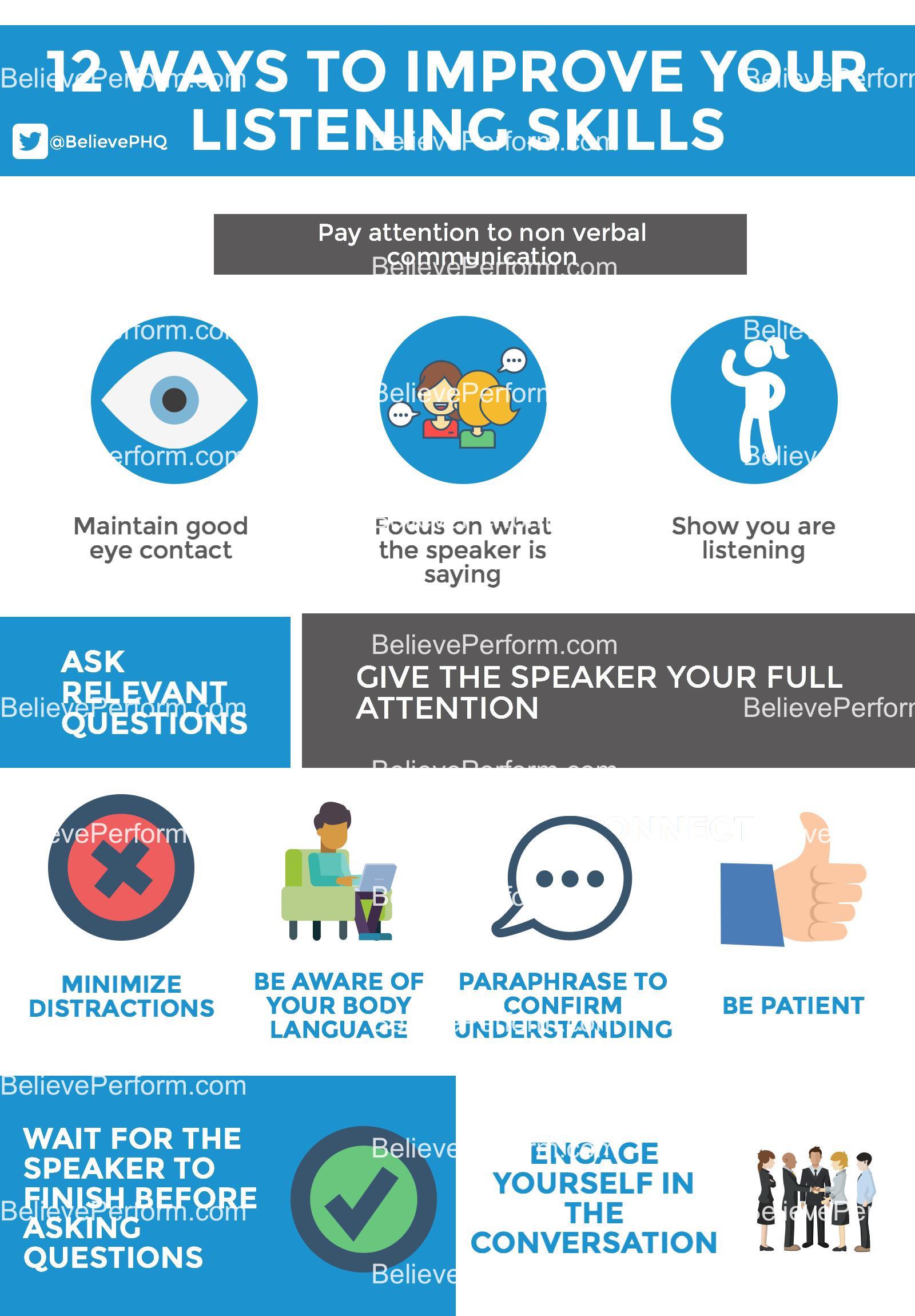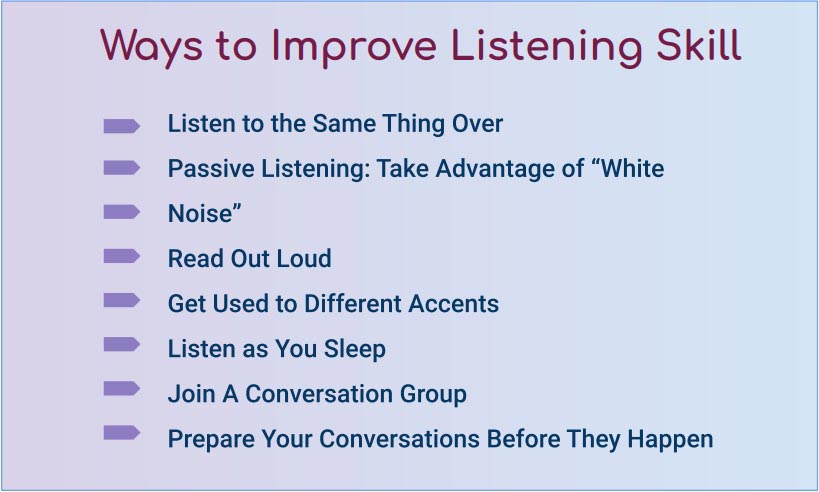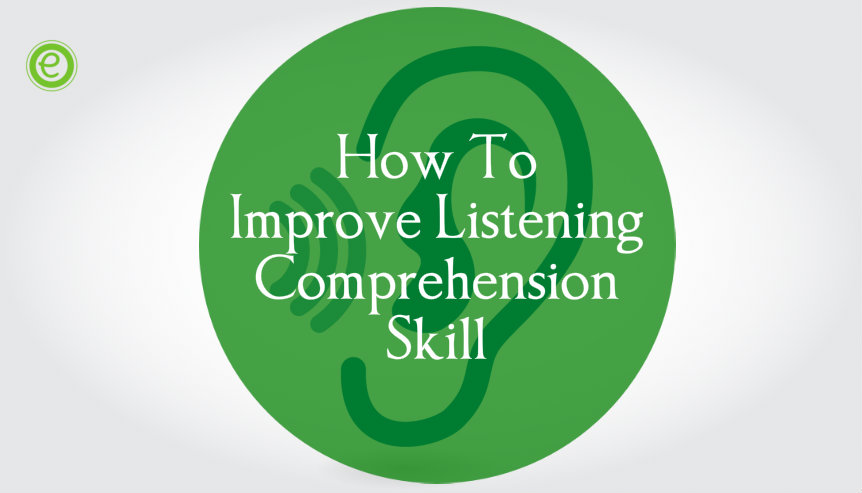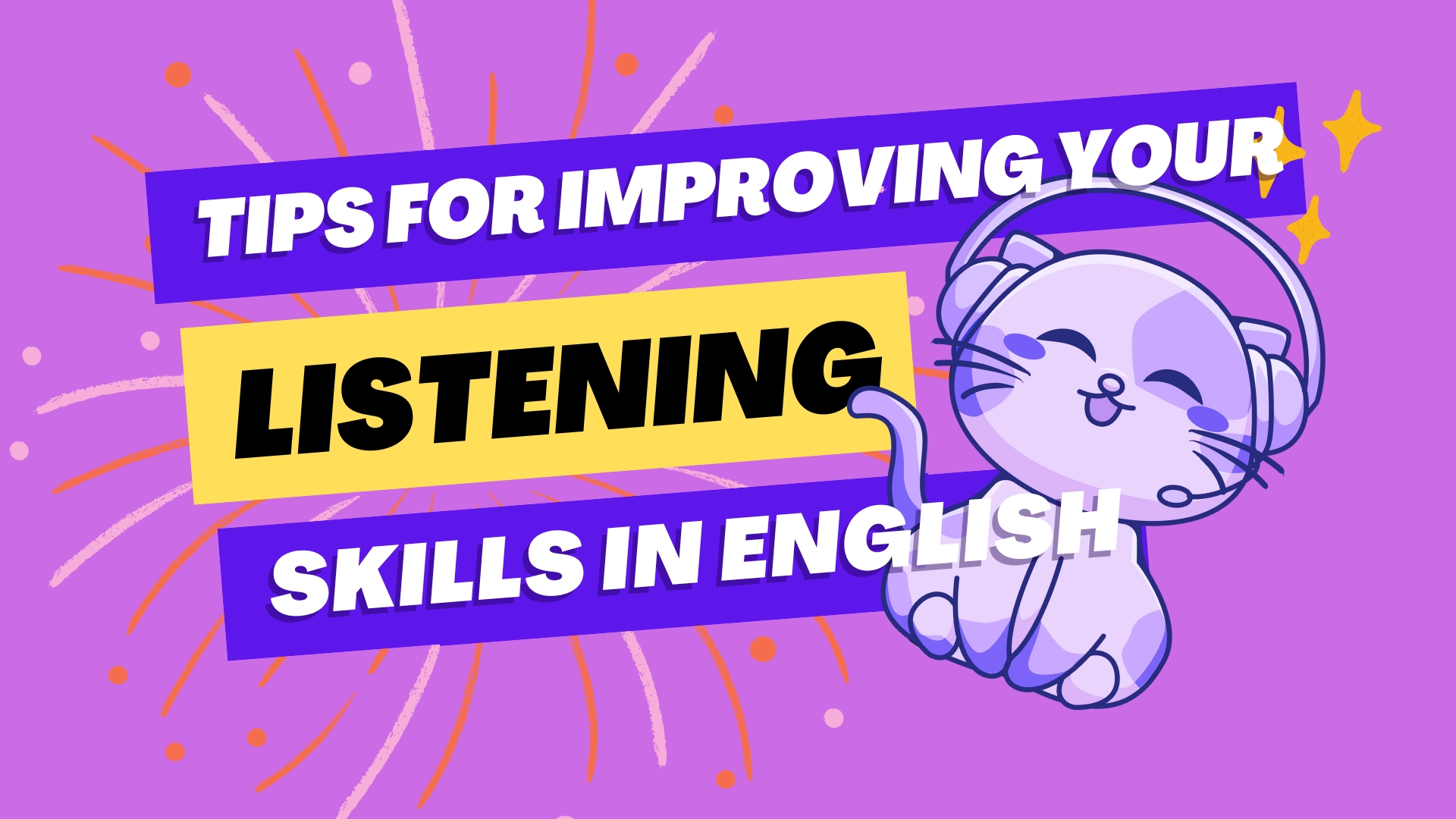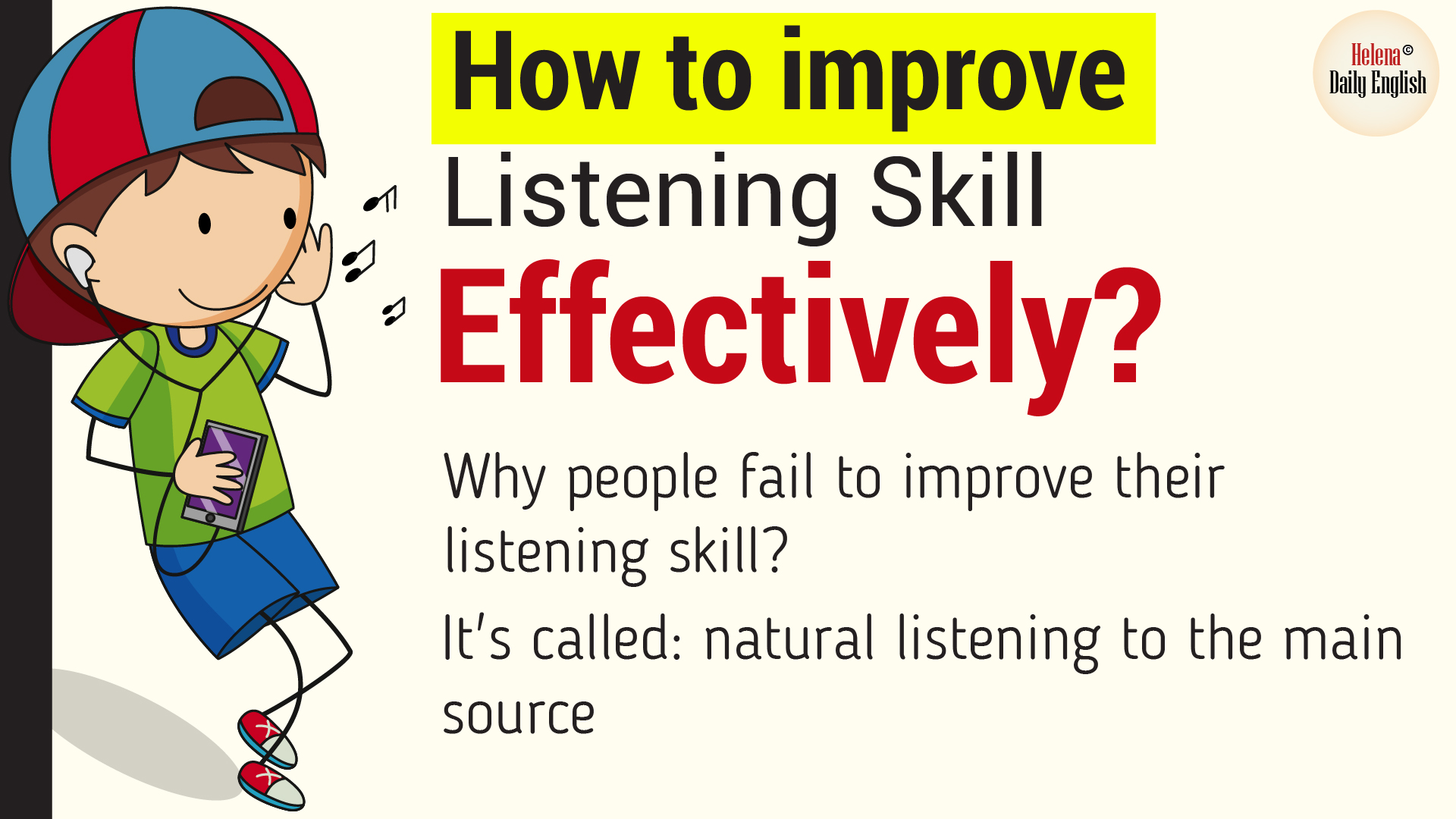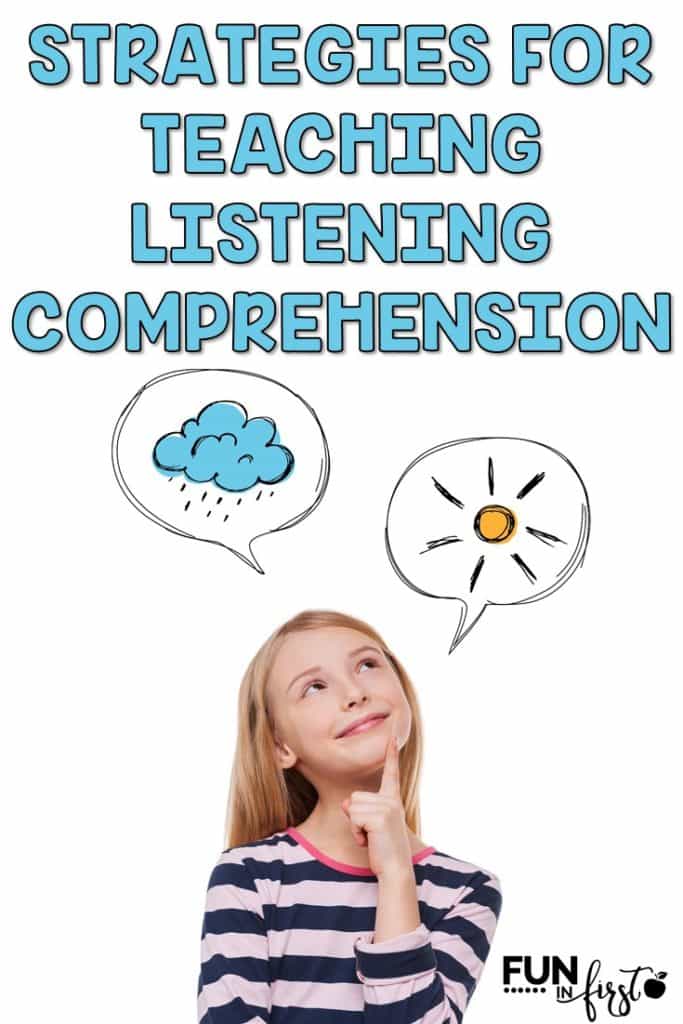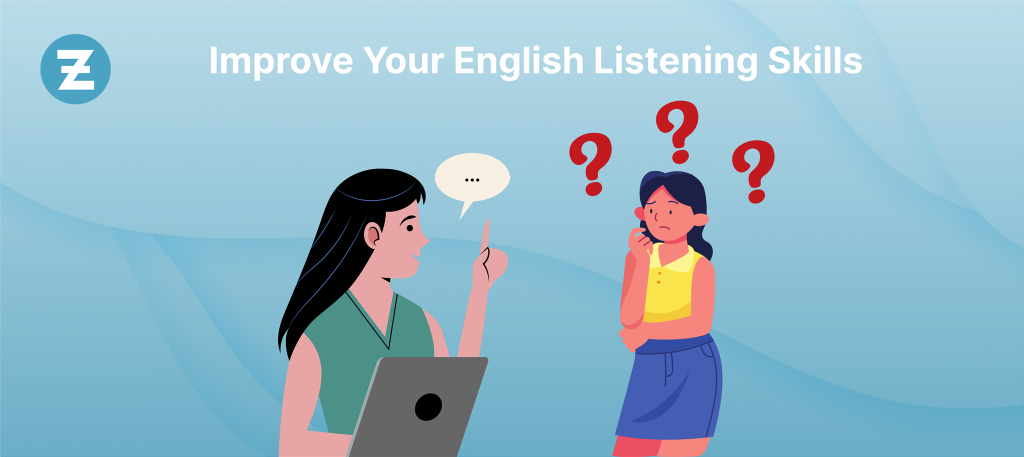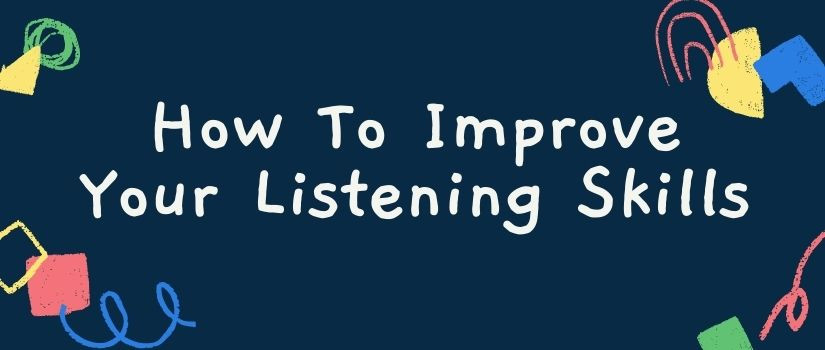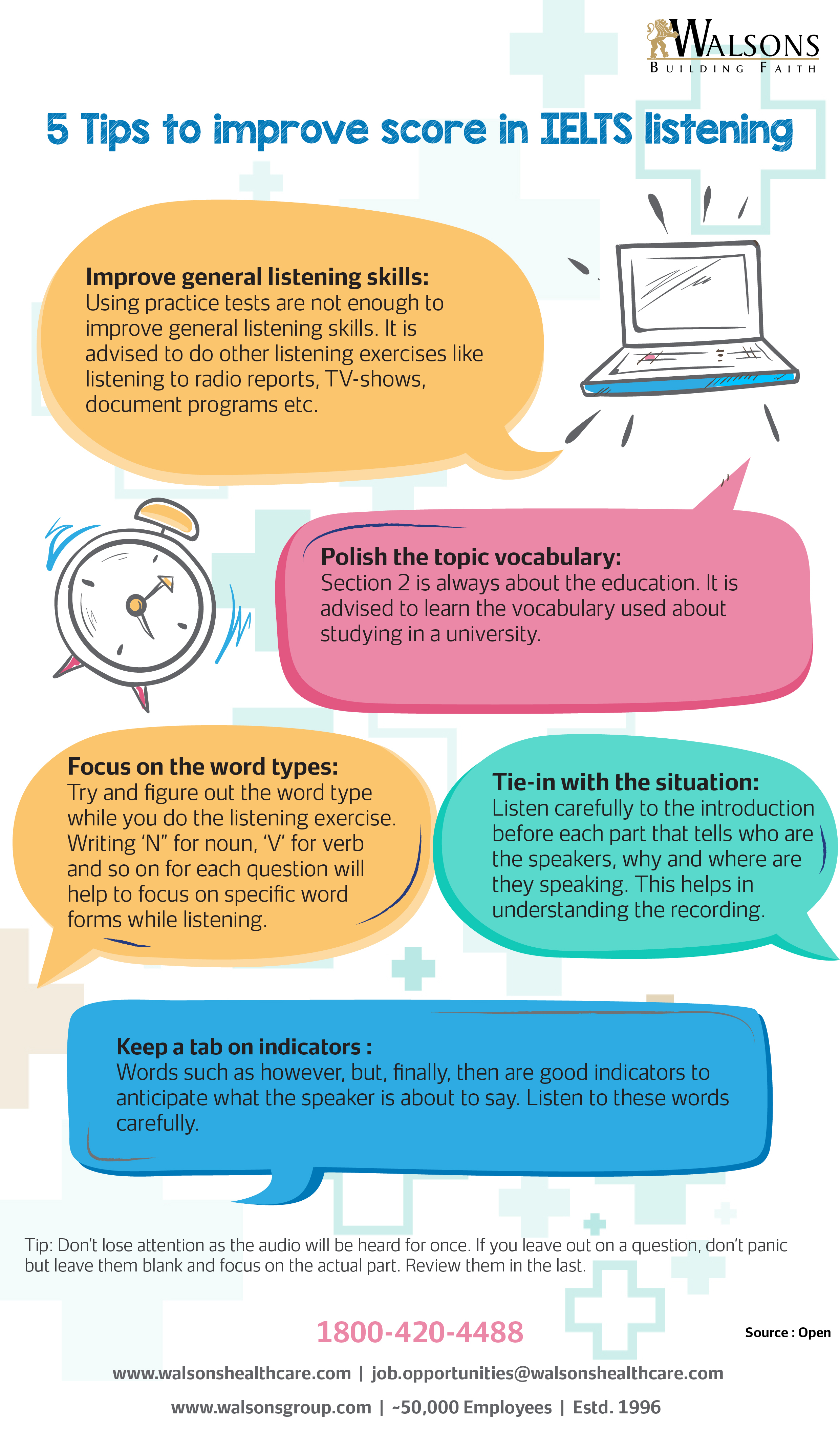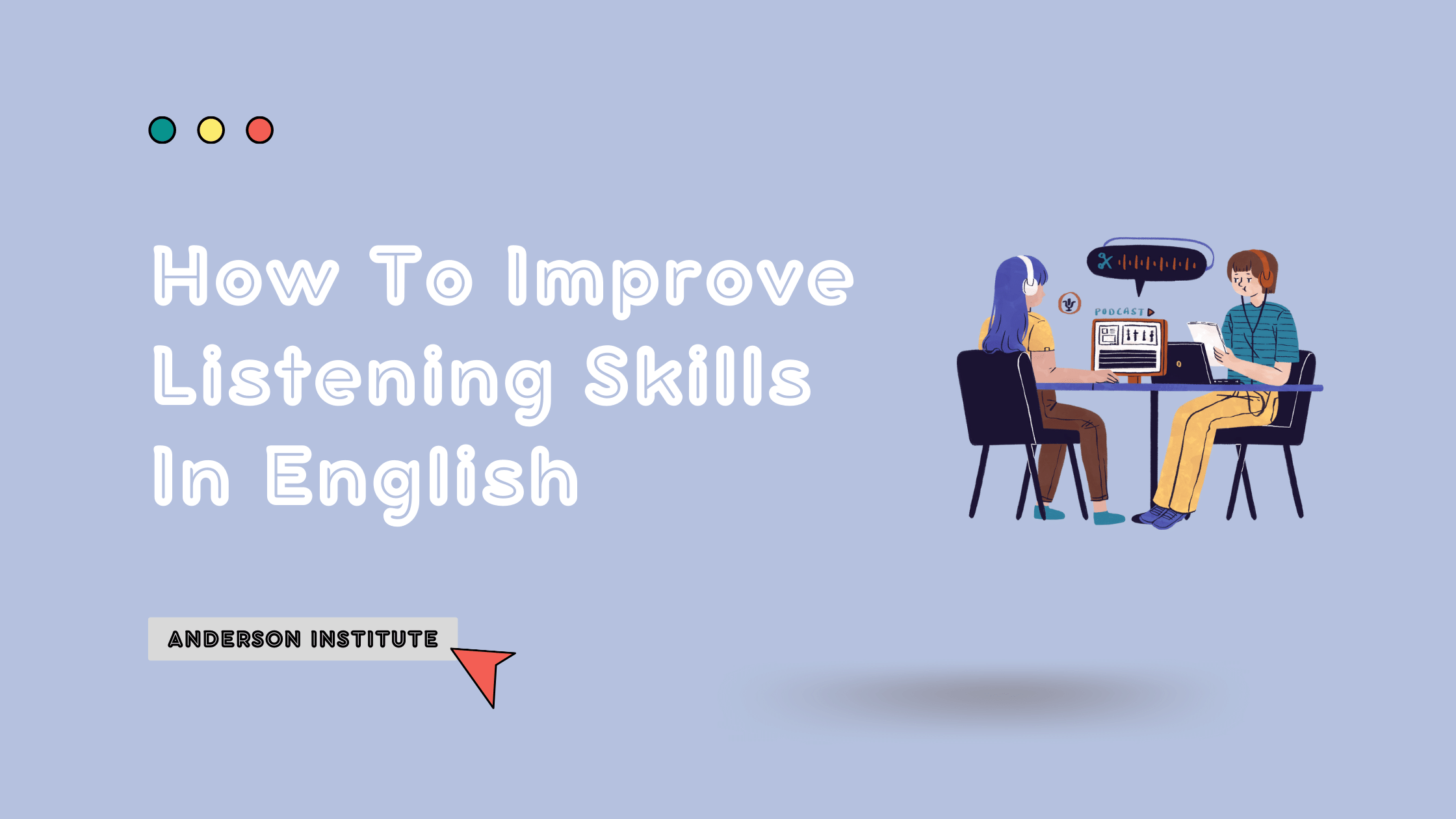How To Improve Listening Comprehension Skills

Imagine yourself in a bustling marketplace, the air thick with the chatter of vendors, the laughter of children, and snippets of conversations swirling around you. You try to focus, to understand the directions someone is giving you, but the cacophony seems to swallow their words whole. Frustration mounts as you realize you've missed crucial information, leaving you disoriented and a little lost.
Effective listening isn't just about hearing; it's about actively engaging with the sounds around us. Improving your listening comprehension can unlock a world of opportunities, enhancing relationships, boosting your career prospects, and deepening your understanding of the world.
The Foundation: Why Listening Matters
The ability to truly listen is a cornerstone of effective communication. According to a study by the International Listening Association, people spend approximately 45% of their waking hours listening, yet only about 2% of people have had formal education in listening skills.
This disparity highlights a critical need for focused development in this area. Better listening skills can lead to improved productivity, stronger team collaboration, and a more empathetic understanding of others' perspectives, as highlighted by multiple studies in organizational psychology.
Practical Strategies to Sharpen Your Hearing
Active Listening Techniques
Active listening involves more than just passively hearing words. It's about demonstrating engagement and understanding.
Employing techniques such as paraphrasing ("So, you're saying..."), asking clarifying questions ("Could you elaborate on...?"), and providing verbal affirmations ("I understand," "That makes sense") shows the speaker you're truly invested.
Minimize Distractions
In today's fast-paced world, distractions are everywhere. To truly listen, you need to create a conducive environment.
Turn off notifications, move to a quieter space, and consciously focus your attention on the speaker. This demonstrates respect and allows you to absorb more information.
Nonverbal Communication
Pay attention to the speaker's nonverbal cues, such as body language and facial expressions. These can provide valuable context and deeper meaning to their message.
Mirroring their posture or nodding in agreement can foster a sense of connection and encourage them to share more openly, as demonstrated by research in interpersonal communication.
Expand Your Vocabulary
A broader vocabulary makes it easier to understand diverse speakers and complex topics. Expanding your vocabulary doesn't have to be a chore.
Read widely, listen to podcasts on varied subjects, and make a habit of looking up unfamiliar words. Many free vocabulary apps can also make learning engaging and fun.
Practice, Practice, Practice
Like any skill, listening comprehension improves with practice. Seek out opportunities to listen actively in various settings.
Engage in conversations with people from different backgrounds, attend lectures or workshops, or even listen to audiobooks at different speeds. The key is to consistently challenge yourself.
Utilize Technology
Technology offers several tools to enhance listening comprehension. Many apps and platforms provide interactive exercises, dictation practice, and customized learning experiences.
For instance, language learning apps often include listening exercises with transcripts, allowing you to follow along and identify areas where you struggle. Podcasts are great resource, according to Pew Research Center on podcasting, that more than 40% of Americans listen to podcasts monthly.
Beyond the Basics: A Journey of Continual Growth
Improving your listening comprehension is an ongoing journey. Stay curious, be patient, and celebrate small victories along the way.
Remember, every conversation is an opportunity to learn and connect on a deeper level. By embracing the art of active listening, you can transform your relationships, advance your career, and unlock a world of new possibilities.
